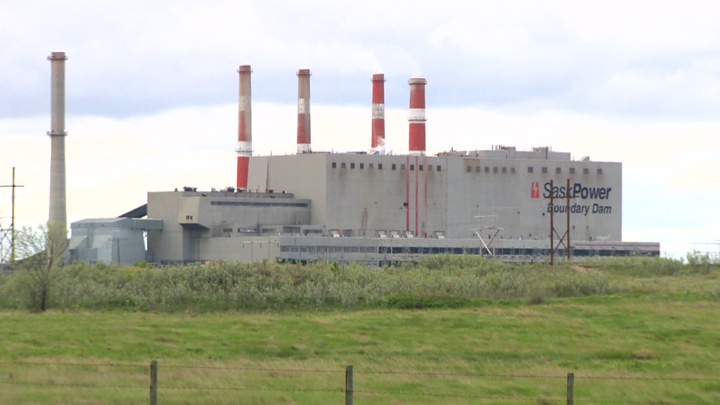Eight Saskatchewan applicants have filed a lawsuit against SaskPower, Crown Investments, and the Saskatchewan Government, saying they aren’t doing enough to curb climate change.

“The coal to gas transition may reduce emissions, but it continues to cause dangerous climate change and is not compatible with a net zero electricity system,” read a media advisory from Sustainable Saskatchewan. “We are challenging SaskPower in court because they continue to pursue business as usual.
“Government action to expand gas-fired electricity generation violates our Charter rights to life, security of person, and equality and that the government has a duty to mitigate its emissions. The applicants are asking the court to order SaskPower to set a reasonable target to decarbonize and achieve Net-zero emissions by 2035.”
The applicants, including Climate Justice Saskatoon, filed the suit at the Court of King’s Bench on March 31.
“We (Saskatchewan) are number one in per capita greenhouse gas emissions in Canada,” said applicant and long-time environmentalist Lynn Oliphant during an online media conference Tuesday. “They still have their foot on the accelerator.”
He noted the new gas-fired electricity plant being built near Moose Jaw and another planned near Lanigan.
“It’s like we are driving 100 miles per hour on the wrong side of the highway.”
Glenn Wright, lawyer for the applicants, said scenarios similar to this have played out in other provinces over the last decade.
“There has never been a definite win or a definite loss,” Wright said. “We are filing this case because this is an important issue in all of Saskatchewan. With so many of these strategic litigation pieces, you see that often the courts may not give a decisive win, but it helps to drive the public narrative about our common future and the choices we are making.
“There are more and more jurisdictions that are facing more and more action like this, so I think this is just another sign for the need to accelerate to our transition.”
Ottawa’s current goal is to have the country reach net-zero carbon emissions by 2050.
In 2020, Canada’s Energy Regulator reported 81 per cent of electricity in the province was produced from fossil fuels –approximately 40 per cent from natural gas, 41 per cent from coal, and a very small amount of petroleum in remote off-grid communities. The remaining 19 per cent was produced from renewables, primarily hydroelectricity.
The first court appearance is scheduled for May 4.
Global News has reached out to SaskPower and the Saskatchewan Government about the lawsuit and is waiting for responses.




Comments